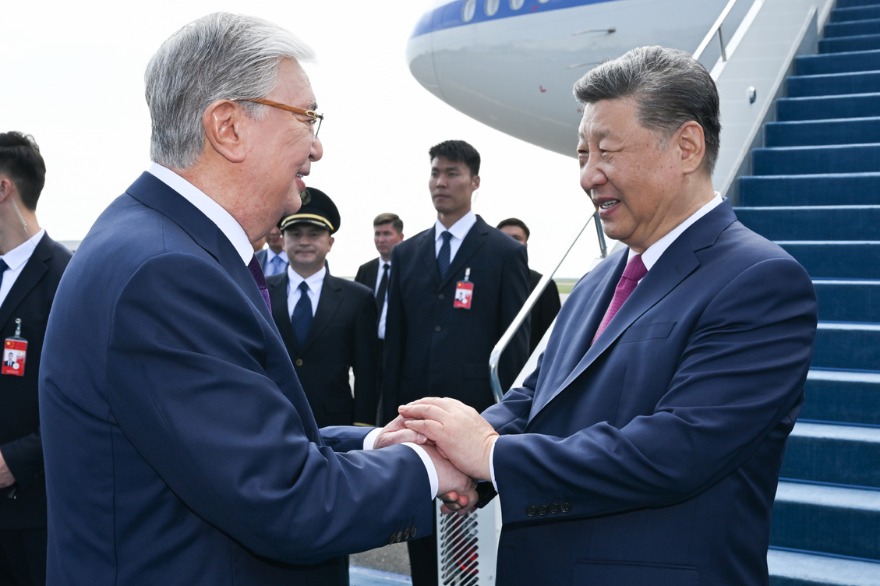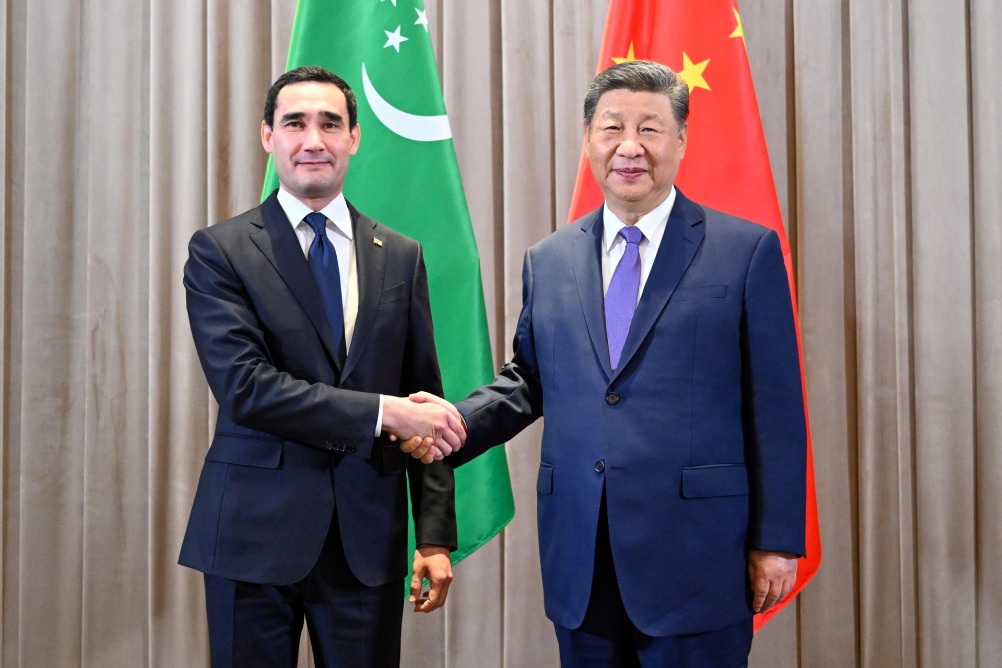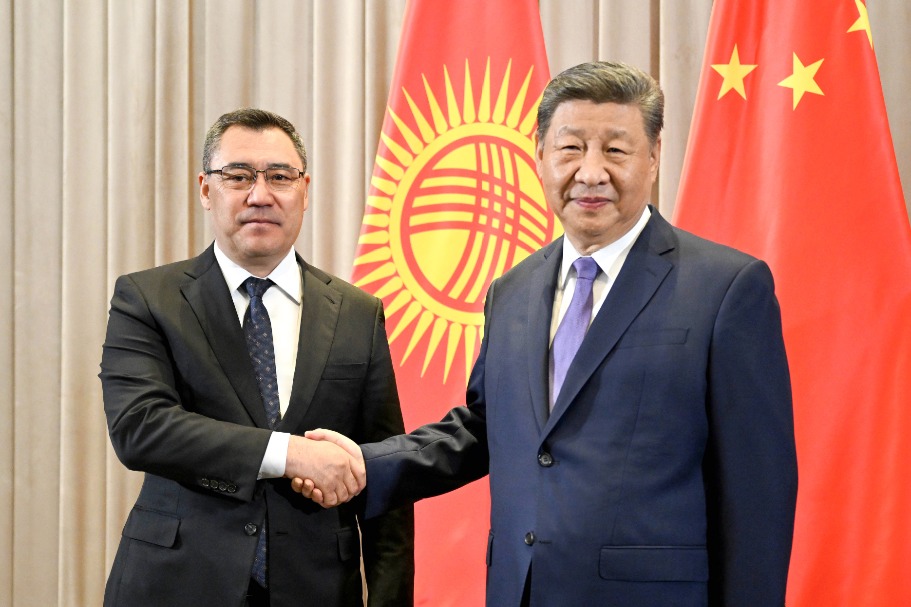History shows it ain't that easy to win a trade war: China Daily editorial

China is used to bearing the brunt of Washington's beggar-thy-neighbor trade protection measures. But now, as the United States threatens to impose high tariffs on imported steel and aluminum products across the board, all its major trade partners will feel the pain, which would lead to a series of repercussions that will affect the US' own interest, disrupt the global trade order, and ultimately risk derailing the world economy.
Since US President Donald Trump announced the tariff plan, many of the country's biggest trade partners, including some of its traditional allies, have protested strongly against the move and warned they will take countermeasures.
Brazil has already filed a protest with the World Trade Organization against the proposed tariffs and urged the White House to reconsider them.
And Canada, the European Union, Japan, and the United Kingdom have all expressed concerns about the US move and promised retaliatory measures.
Some leading US congressmen and corporate interests have also urged the White House to stop such unilateralist moves for fear of them backfiring, since the imposition of the tariffs will harm not only the industries in other countries but also those US industries that rely on imports of steel and aluminum.
It seems that not everyone is sufficiently astute to be able to view things from the right perspective and realize that protectionism destabilizes the global economy.
There are no losers, only winners in global trade. If the global trade growth momentum is disrupted it will make all countries losers, including the US.
Last year, global trade registered 2.4 percent year-on-year growth, up from 1.3 percent in 2016, according to WTO estimates. The global trade recovery, however, remains fragile and the US’ protectionism will only create adversarial stances that serve to impede it.
While it might initially glory in small gains, the Trump administration will come to grieve the greater losses, for if it continues to act in such a manner, its actions will end up weighing heavier in a balance that is not in the US’ favor.
The argument against tariffs and trade barriers has been proved in the real world where free-trading nations prosper while protectionist countries lag behind.
Trump has claimed that winning a trade war is easy. If he persists in pursuing one, he will soon find out the hard way that is not the case.
Today's Top News
- Chinese citizens moved to safety amid Mideast conflict
- Nation set to further advance financial opening-up
- Xi's speech in Astana wins global acclaim
- Summit enhances regional cooperation
- International community must push for de-escalation in the Middle East
- Middle East tensions nearing climax






























